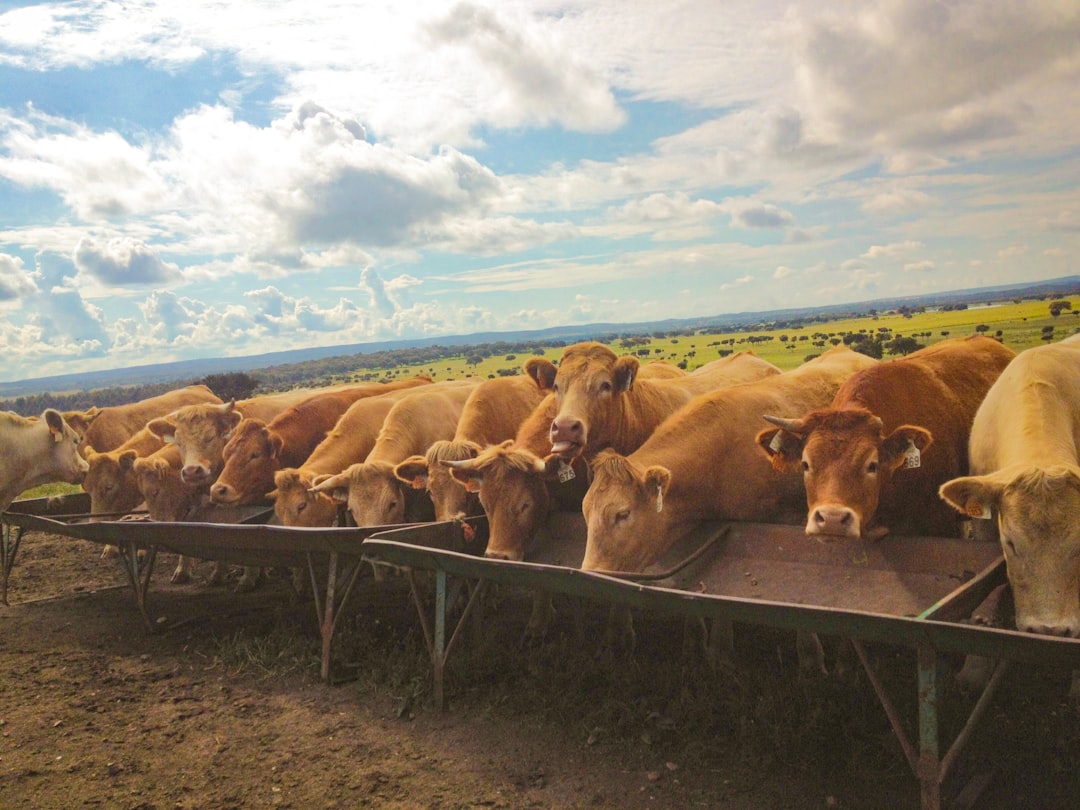What is it about?
Extreme enviroments, such as the Morrope and Bayovar Salt saloons are promising sources of new bacteria, whose compounds may be useful for treating various infectious diseases or even some types of cancer. The antibacterial and antiproliferative potential of these compounds renders the study of these saline lagoons of northwestern Peru valuable.
Featured Image

Photo by S&B Vonlanthen on Unsplash
Why is it important?
The bio-guided study strategy helped us identify several different microorganisms with biotechnological potential. In this study, we performed a phylogenetic analysis of a collection of bacterial isolates from the saline lagoons of northwestern Peru. Furthermore, we explored their potential as producers of secondary metabolites with antimicrobial and antiproliferative activities. we have revealed that the Actinobacteria existing in these extreme environmental conditions have diverse characteristics and could comprise new species that produce novel and biologically active compounds.
Perspectives
In a Future work, the genome sequencing of these three Streptomyces species will be presented out to identify these molecules to purify and characterize them, as this can result in the economically beneficial production of bioactive compounds for future pharmaceutical applications.
Rene Flores Clavo
University state of Campinas-UNICAMP
Read the Original
This page is a summary of: Evaluation of antimicrobial and antiproliferative activities of Actinobacteria isolated from the saline lagoons of northwestern Peru, PLoS ONE, September 2021, PLOS,
DOI: 10.1371/journal.pone.0240946.
You can read the full text:
Contributors
The following have contributed to this page










